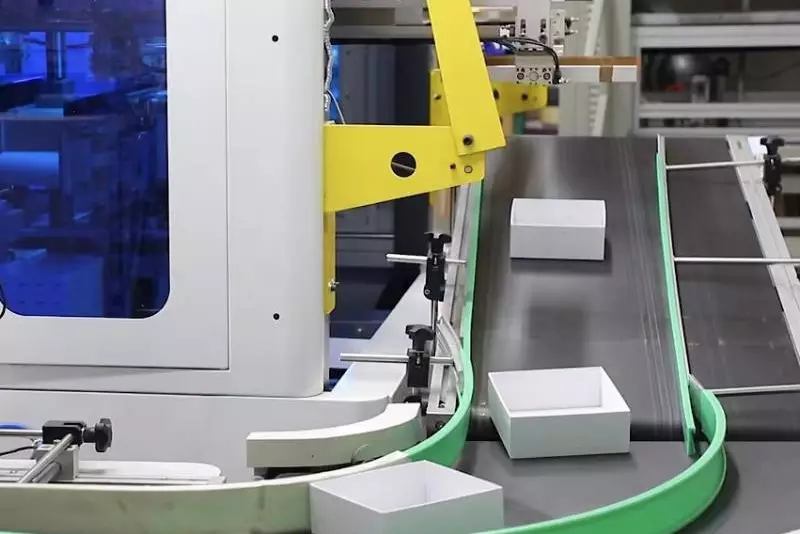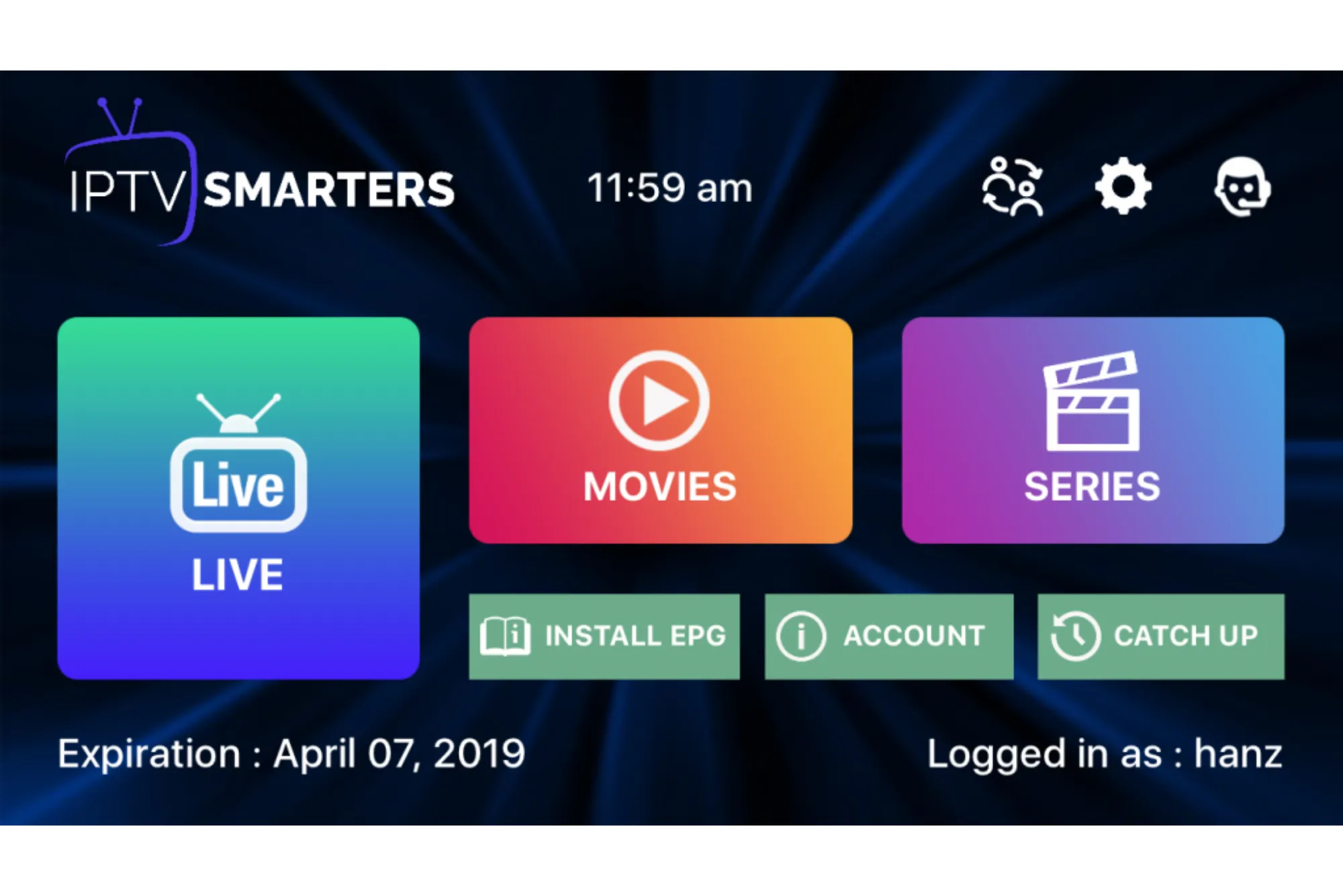How to Mine Cryptocurrency
Cryptocurrency mining is the process of validating transactions on a blockchain network. Miners use powerful computers to solve complex mathematical problems, verifying and recording transactions. This process helps secure the network and create new digital coins.
Different Mining Methods
- Proof of Work (PoW): PoW is the traditional method used by Bitcoin and many other cryptocurrencies. Miners compete to solve complex mathematical puzzles, requiring substantial computational power.
- Proof of Stake (PoS): Unlike PoW, PoS doesn’t involve mining through computations. Validators are chosen to create new blocks, based on the number of coins they hold and ‘stake’ in the network.
- Mining Pools: Miners combine their computational resources in mining pools, increasing their chances of solving blocks and sharing rewards.
Essential Mining Hardware
- Graphics Processing Units (GPUs): GPU mining is common due to their high processing power and efficiency.
- Application-Specific Integrated Circuits (ASICs): ASICs are specialized devices designed solely for cryptocurrency mining, offering high performance for specific algorithms.
Steps to Start Mining
- Selecting a Cryptocurrency: Choose a cryptocurrency to mine based on factors like potential profitability, network difficulty, and personal interest.
- Acquiring Mining Equipment: Purchase or build hardware suitable for your chosen cryptocurrency.
- Setting Up Mining Software: Install mining software compatible with your hardware. Configuration settings are crucial for optimal performance.
- Joining a Mining Pool: Consider joining a mining pool to combine computational power with other miners, increasing the likelihood of earning rewards.
Challenges and Considerations
Mining involves certain challenges like electricity costs, hardware maintenance, and market volatility affecting profitability. Additionally, environmental concerns due to high energy consumption have sparked debates about sustainability.
Cryptocurrency mining is an intricate process requiring technical knowledge, substantial investment in hardware, and consideration of various factors. As the cryptocurrency landscape evolves, mining techniques and profitability continue to change, making it essential for miners to adapt to new trends and technologies.
AED to Naira
The exchange rate between the Emirati Dirham (AED) and the Nigerian Naira (NGN) fluctuates based on various economic factors and market conditions. As of recent data, 1 AED is approximately equivalent to 101.35 NGN. Factors such as geopolitical events, economic policies, and trade relations between the UAE and Nigeria influence these currency exchange rates. Traders and individuals involved in international transactions must stay updated on these rates to make informed decisions when exchanging AED to Naira or vice versa.





